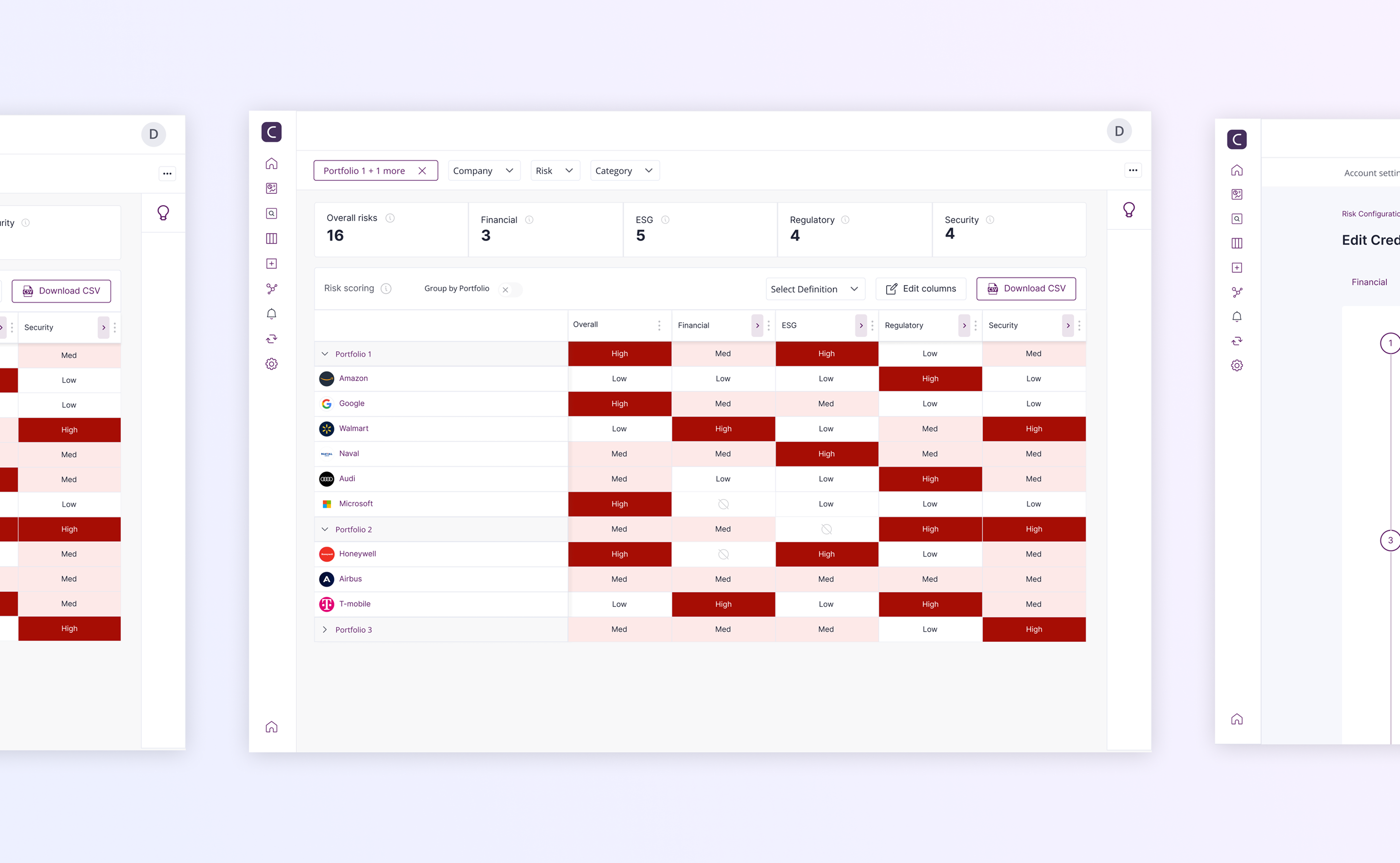
May 18, 2024
The Lean Startup Methodology: Build, Measure, Learn
The Lean Startup methodology isn't just another business buzzword—it's a fundamental shift in how we think about building companies. Having implemented this approach with dozens of startups, I've seen how it transforms not just product development, but entire organizational cultures. The companies that master lean principles don't just survive—they thrive in uncertainty and rapidly changing markets.
The traditional approach to building companies is broken. We plan extensively, build in secret, and hope customers will love what we create. But the reality is that most products fail not because of poor execution, but because they solve problems that don't exist or that customers don't care about enough to pay for.
The Build-Measure-Learn Revolution
The core of the Lean Startup methodology is the Build-Measure-Learn feedback loop. Instead of spending months or years building a product in isolation, you build the smallest possible version, measure how customers respond, and learn from their behavior.
This isn't about building crappy products—it's about building the right products. Start with a minimum viable product (MVP) that tests your riskiest assumptions. Use landing pages, concierge services, and wizard-of-oz prototypes to validate demand before building complex features.
"The only way to win is to learn faster than anyone else."
Eric Ries, The Lean Startup
Validated Learning: The Currency of Progress
In the Lean Startup world, progress is measured not by features shipped or lines of code written, but by validated learning. Every experiment should teach you something actionable about your customers, market, or business model.
Create a learning backlog alongside your product backlog. Prioritize experiments based on the risk of your assumptions, not the effort required to test them. The most valuable experiments are often the simplest ones that test your most critical hypotheses.
Pivot vs. Persevere: The Art of Strategic Change
One of the hardest decisions in startup life is knowing when to pivot and when to persevere. The Lean Startup methodology provides a framework for making these decisions based on data rather than intuition or ego.
Track your key metrics over time. If you're not seeing progress toward your goals after several iterations, it might be time to pivot. But don't pivot randomly—pivot based on what you've learned about your customers and market. The goal is to find a sustainable business model, not to stick with your original idea at all costs.
Innovation Accounting: Measuring What Matters
Traditional accounting measures progress in terms of features delivered and milestones achieved. Innovation accounting measures progress in terms of validated learning and business model development.
Focus on actionable metrics that help you make better decisions. Track cohort retention rates, customer acquisition costs, and lifetime value. Use A/B testing to optimize conversion rates and user engagement. These metrics tell you whether you're building something people actually want.
Implementing Lean Principles: A Practical Guide
Start by identifying your key assumptions about customers, problems, and solutions. Create hypotheses for each assumption and design experiments to test them. Build MVPs that test your riskiest assumptions first.
Implement continuous deployment and rapid iteration cycles. Use customer development interviews to validate your assumptions before building features. Create feedback loops that allow you to learn and adapt quickly.
The Lean Startup Culture
The Lean Startup methodology isn't just a process—it's a culture. It requires embracing uncertainty, celebrating failure as learning, and prioritizing customer feedback over internal opinions.
Create an environment where experimentation is encouraged and failure is seen as progress. Reward learning over success, and make decisions based on data rather than hierarchy. This cultural shift is often more challenging than implementing the technical processes, but it's essential for long-term success.
The Lean Startup methodology isn't a silver bullet—it's a framework for navigating uncertainty and building companies that can adapt and thrive in changing markets. Master these principles, and you'll have a significant advantage over competitors who are still building companies the old way.
- Solutions
- Home
- Our Services
- Portfolio




